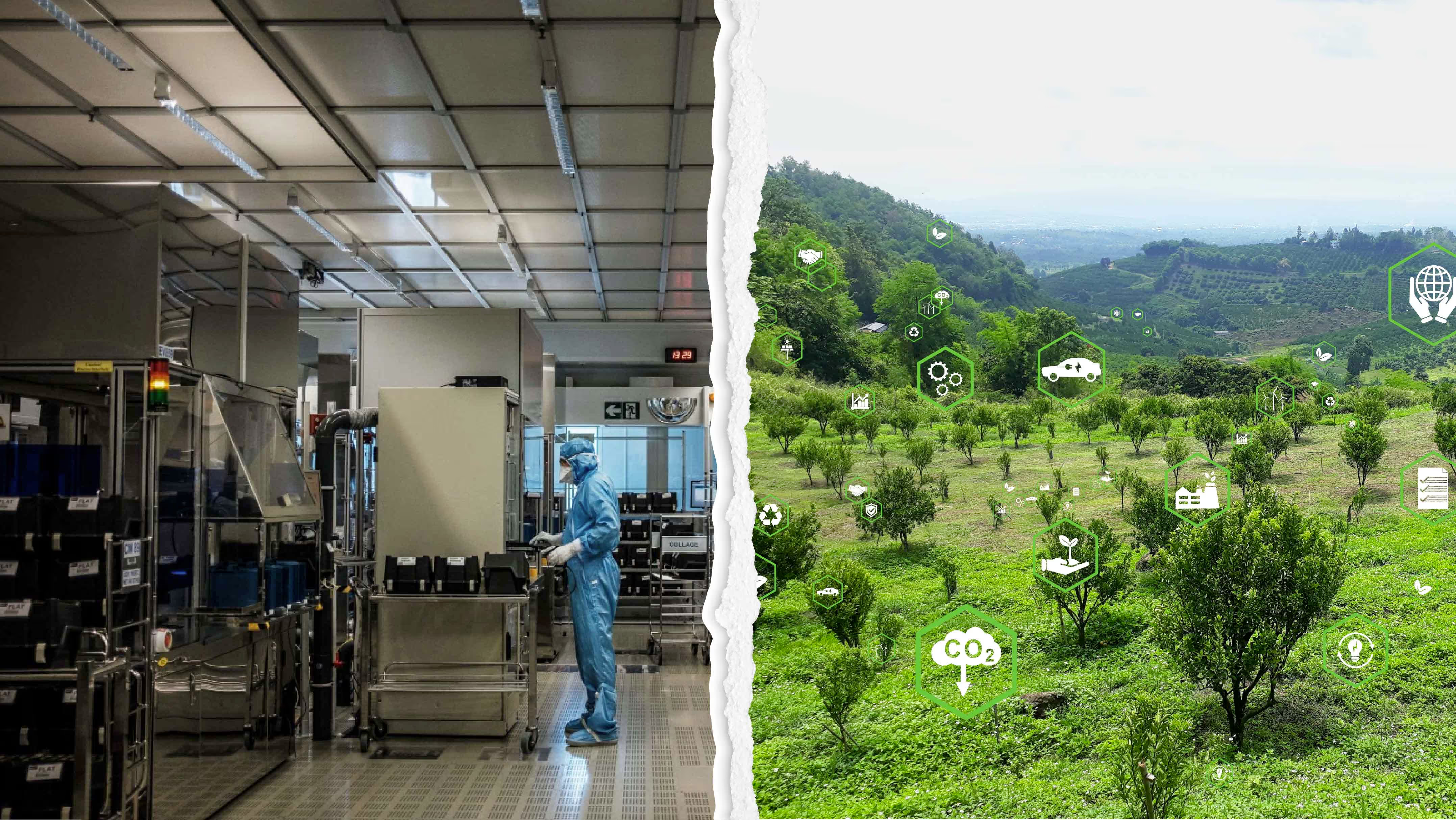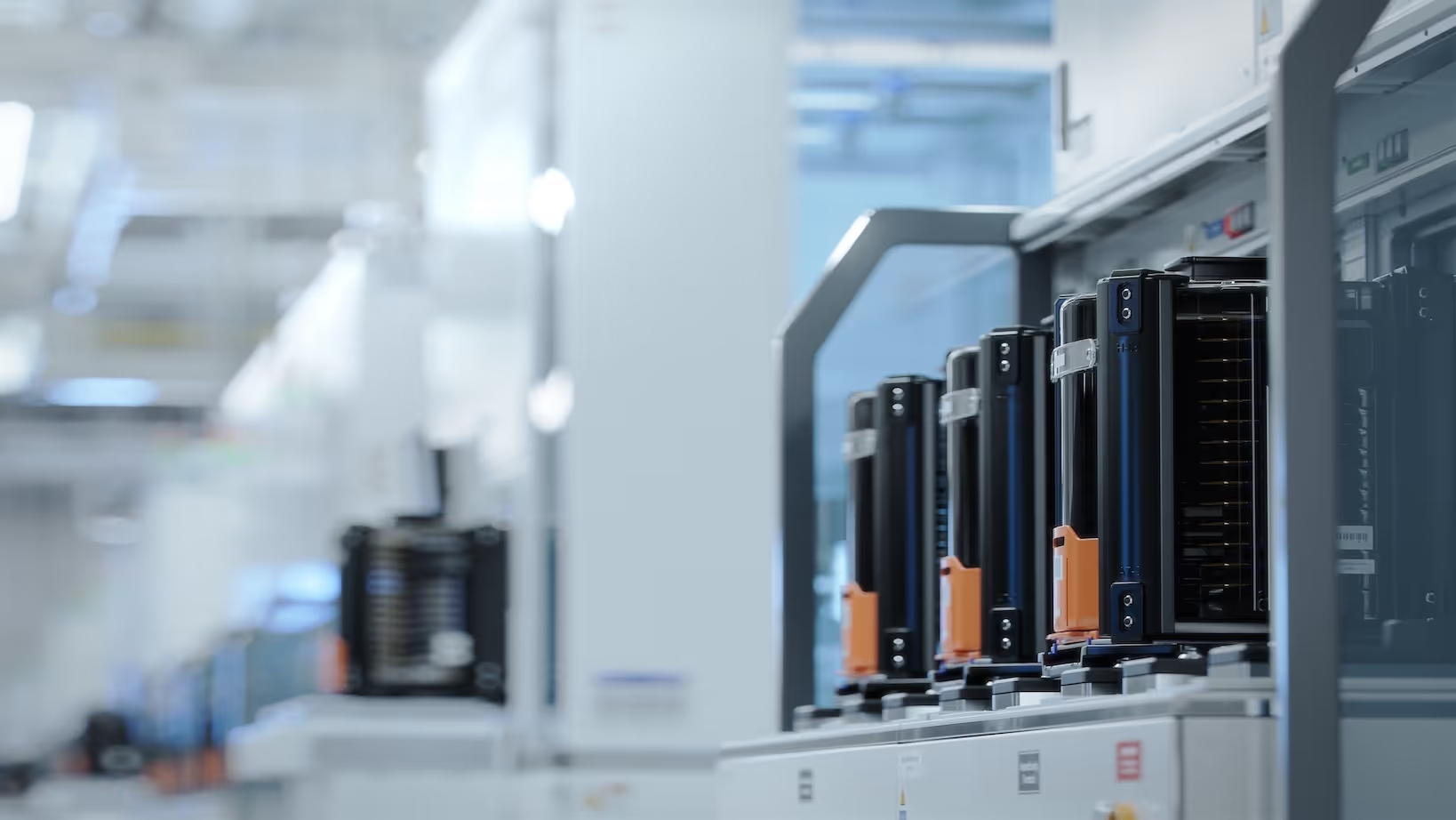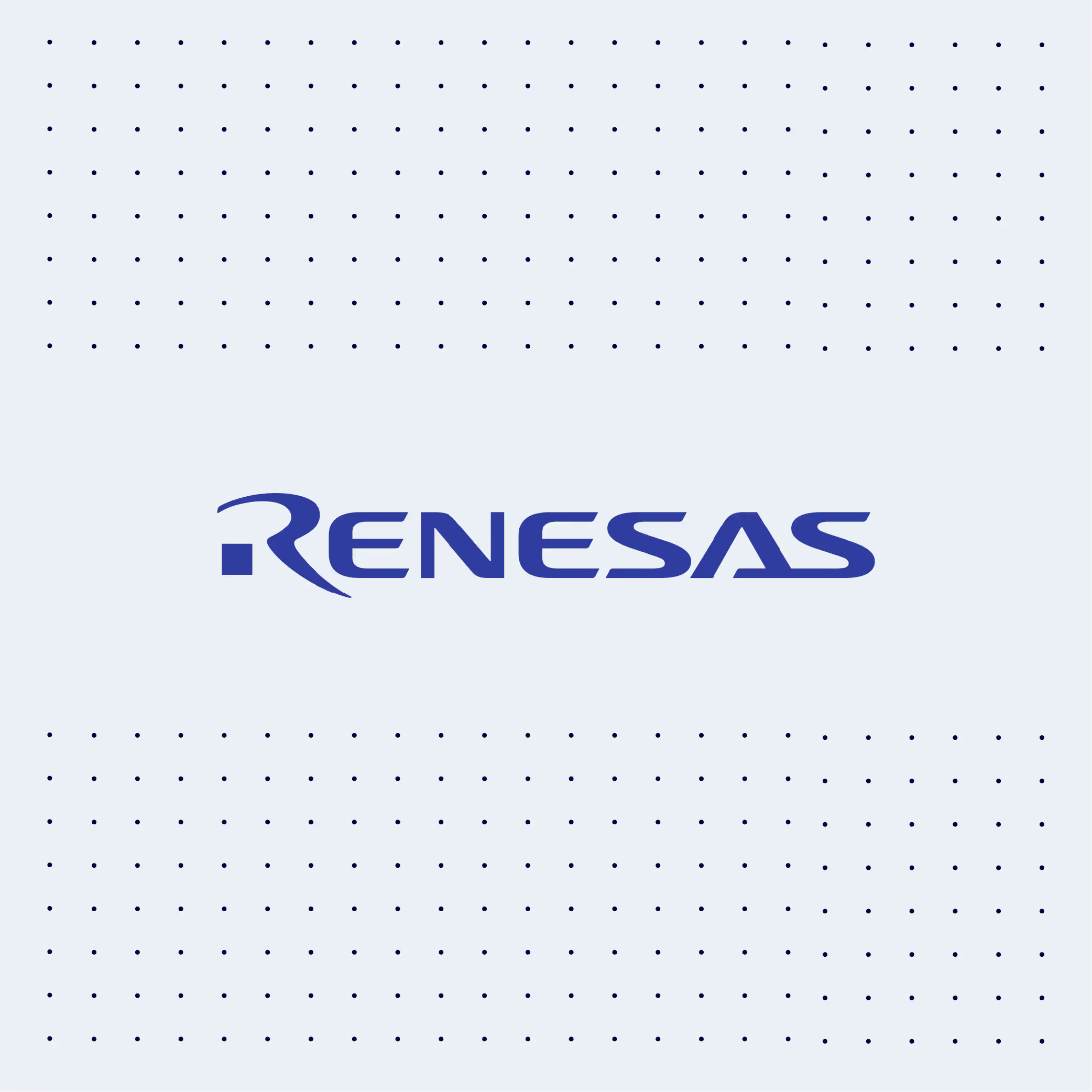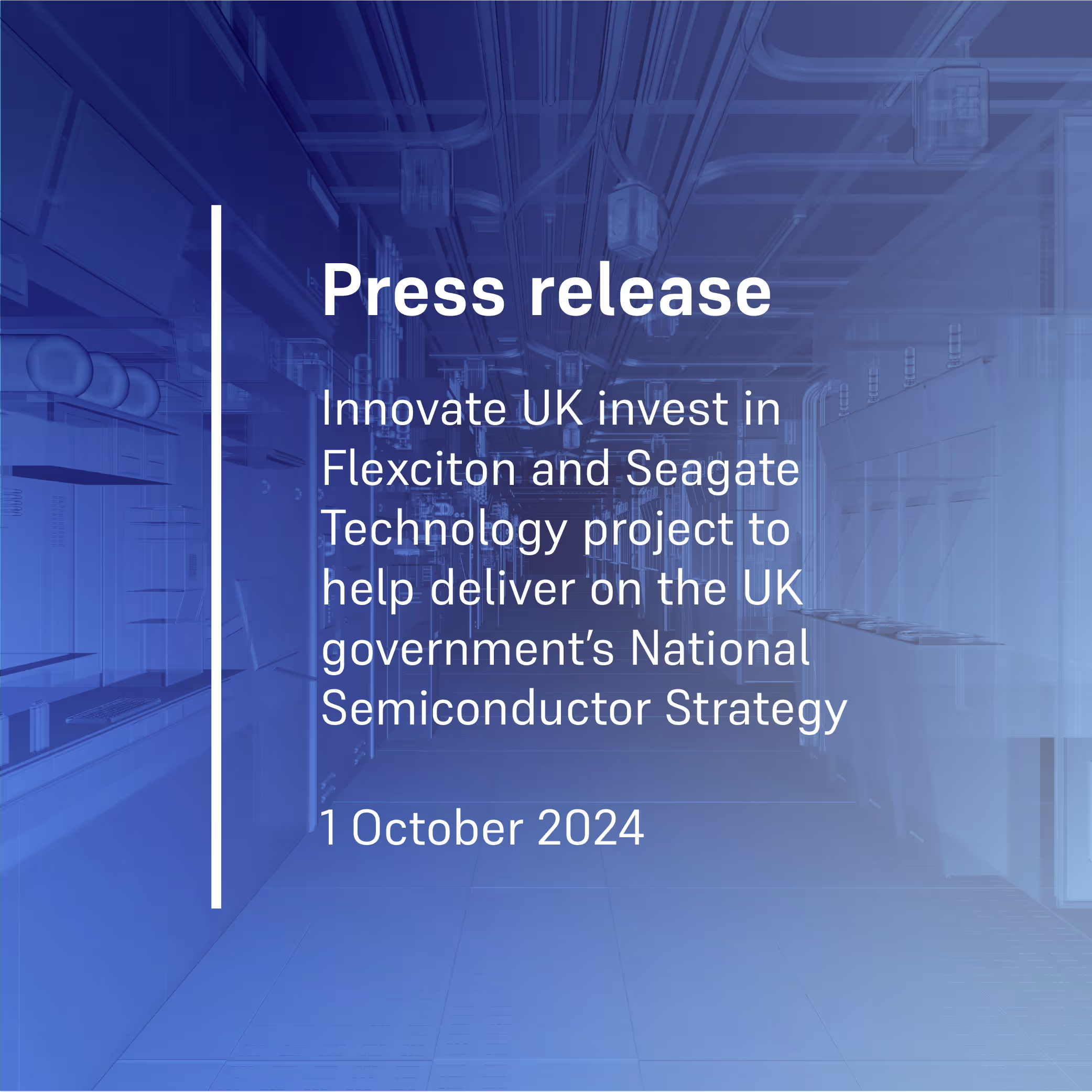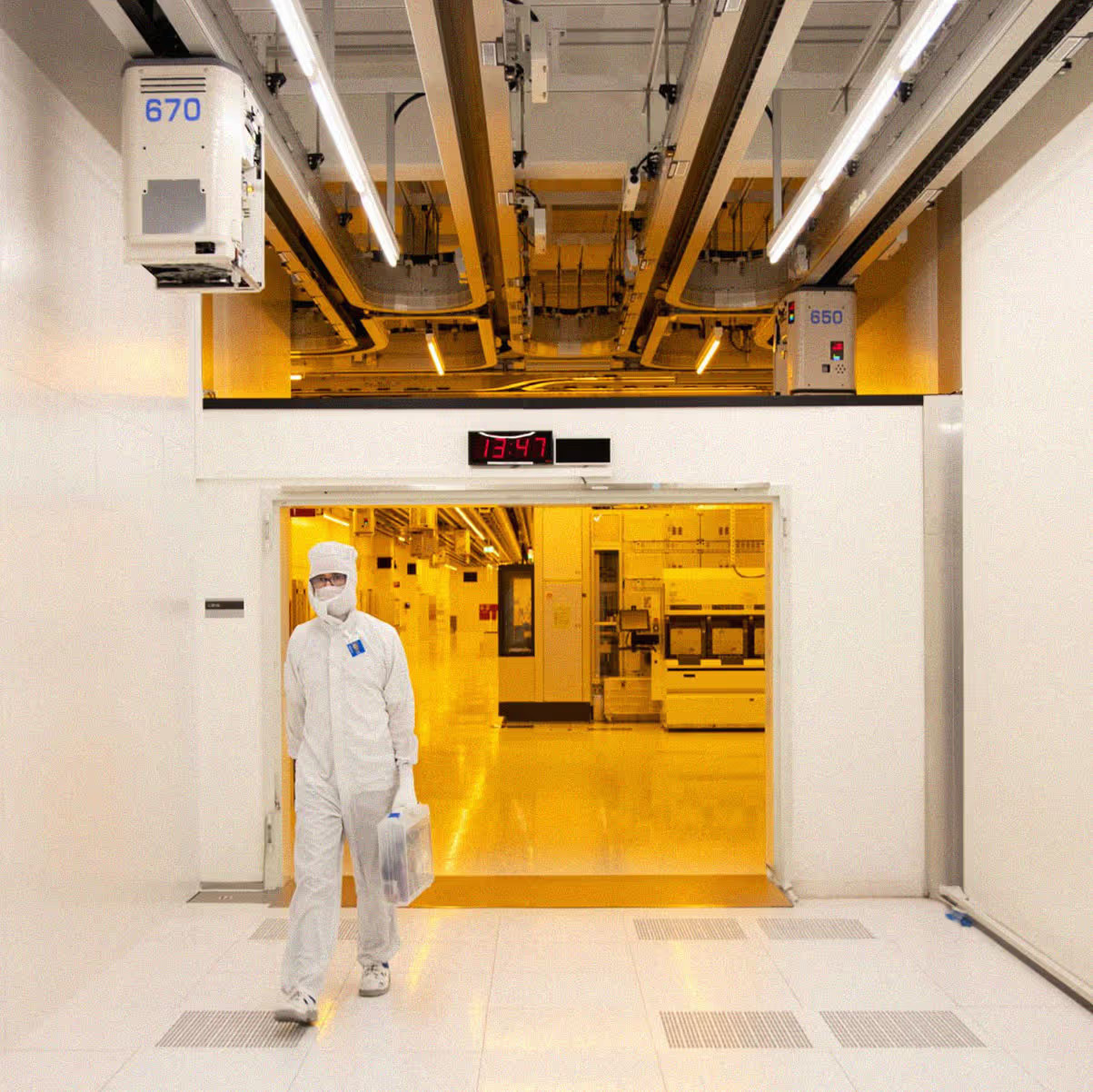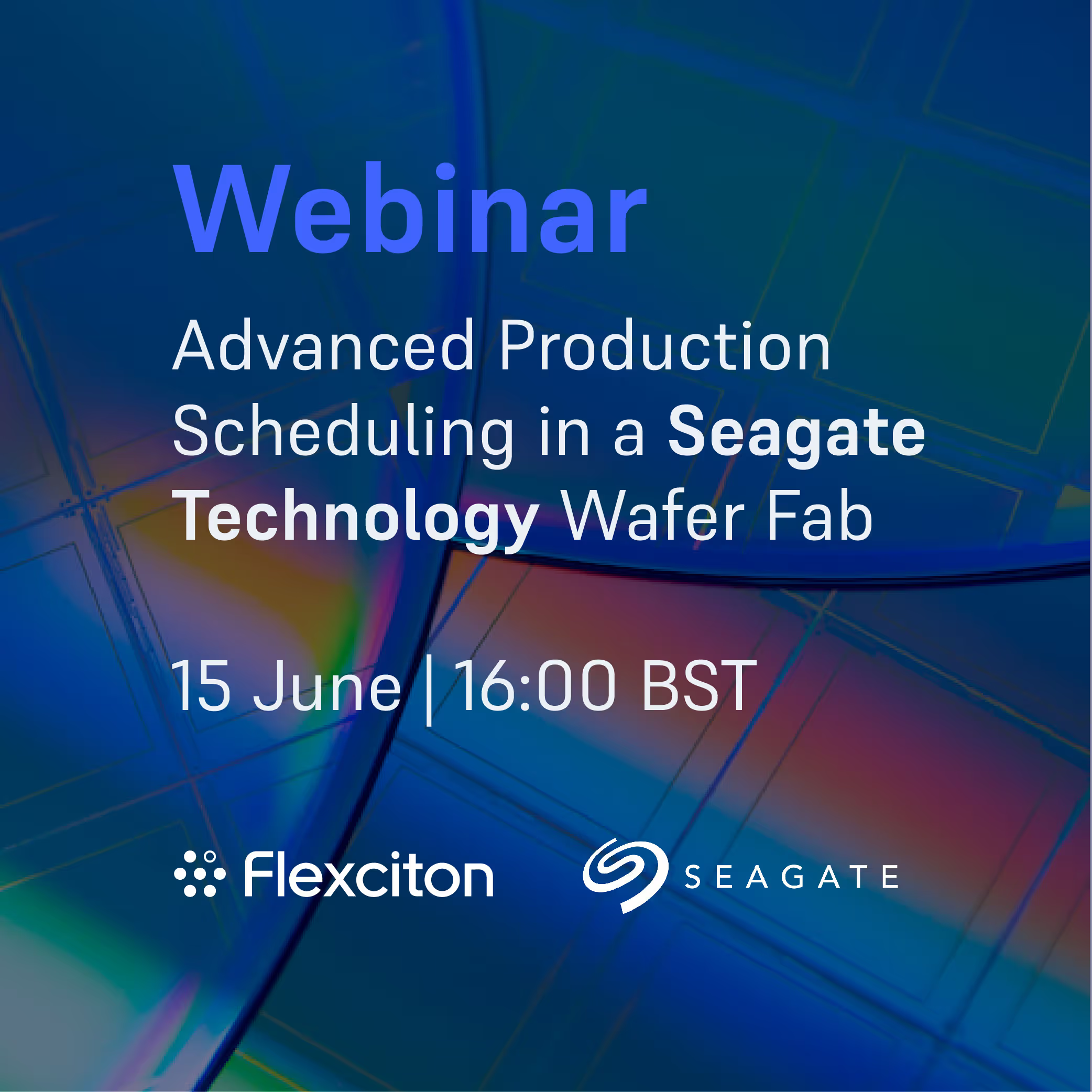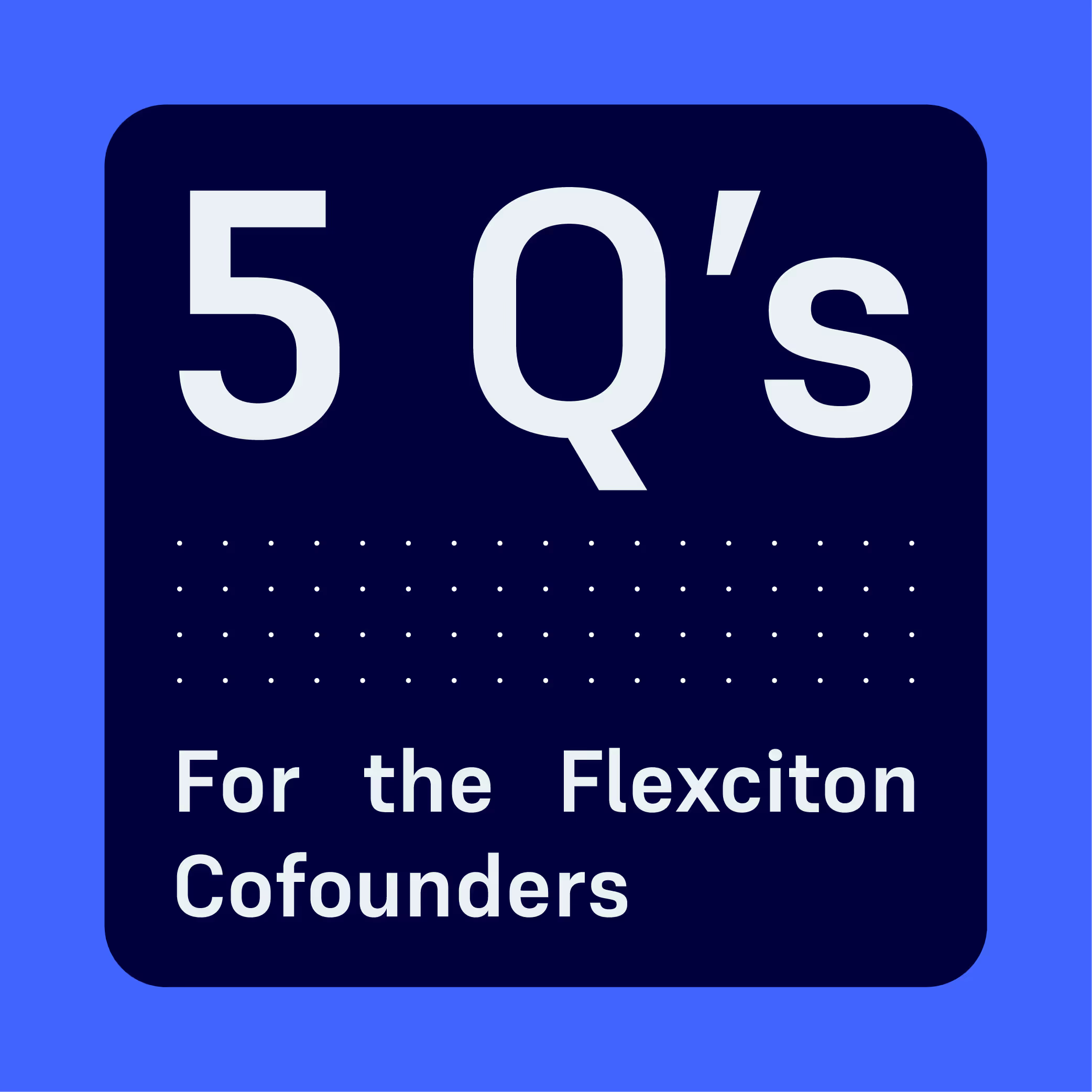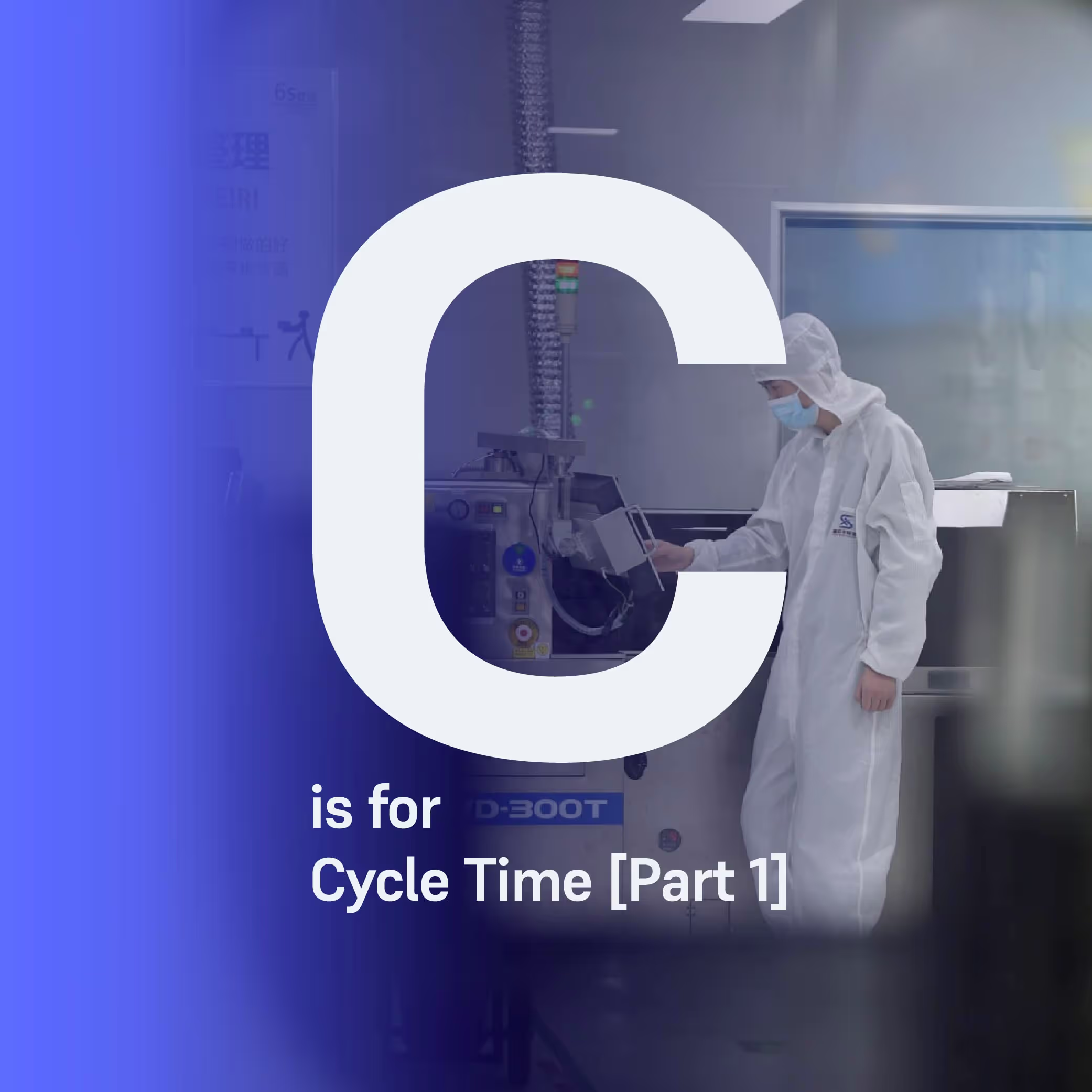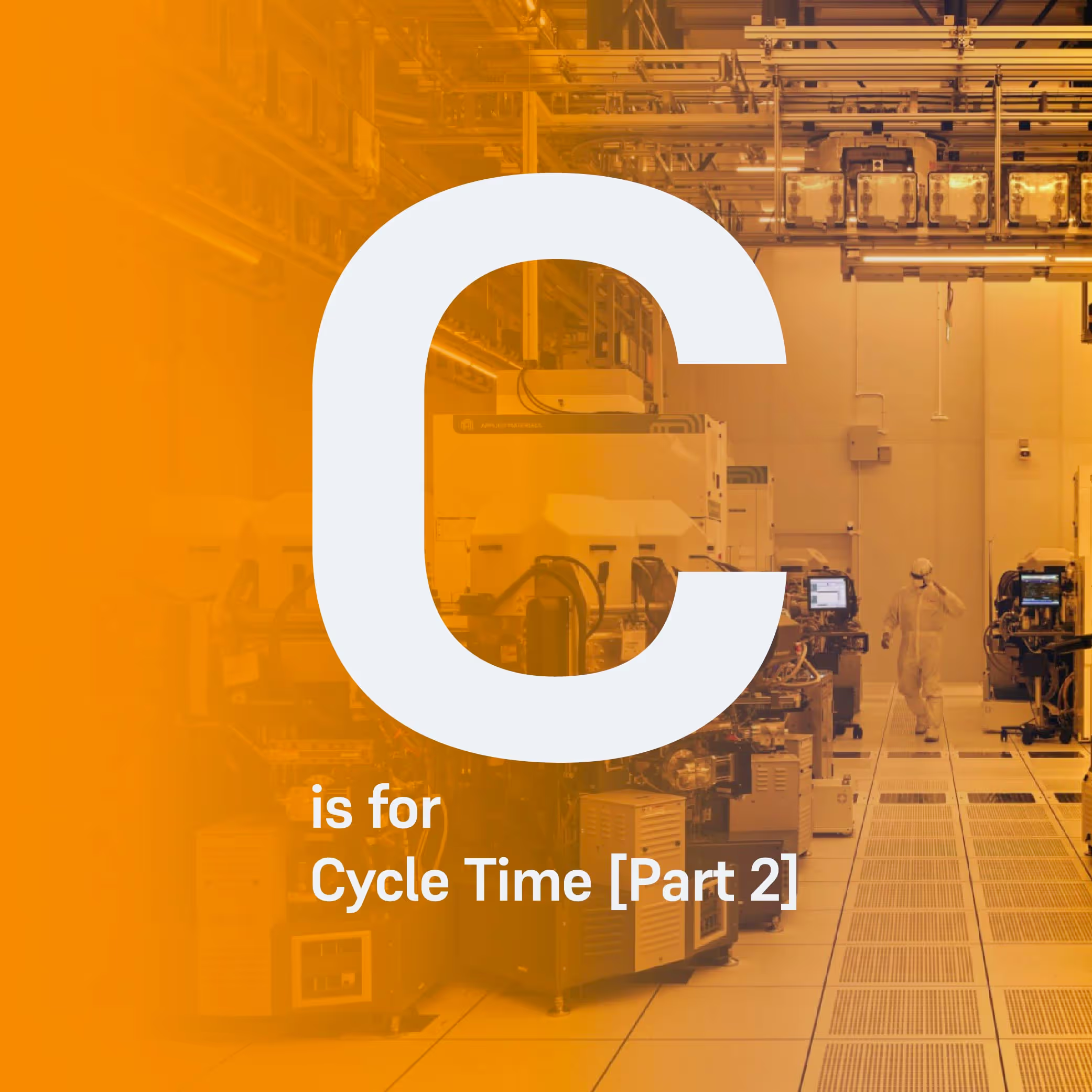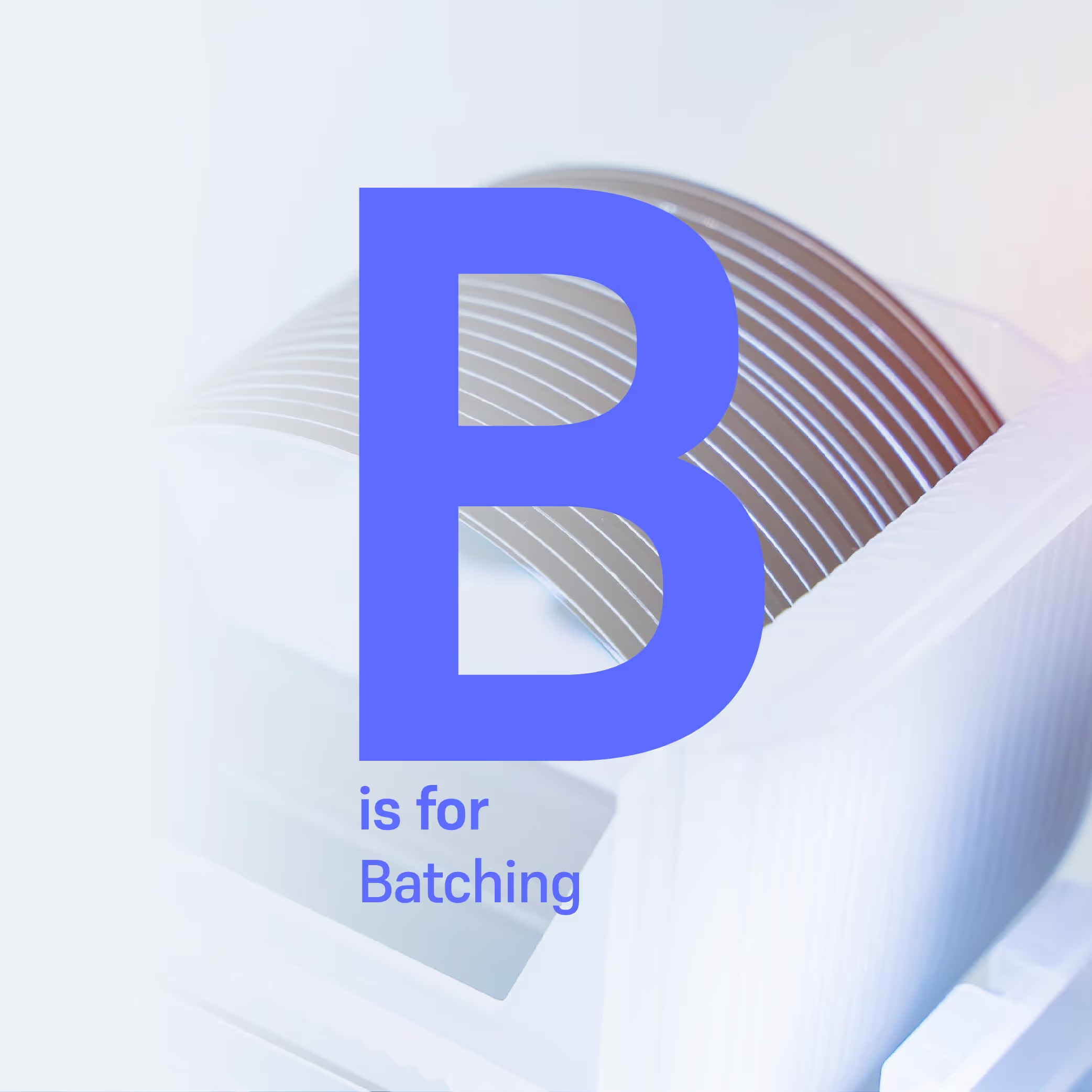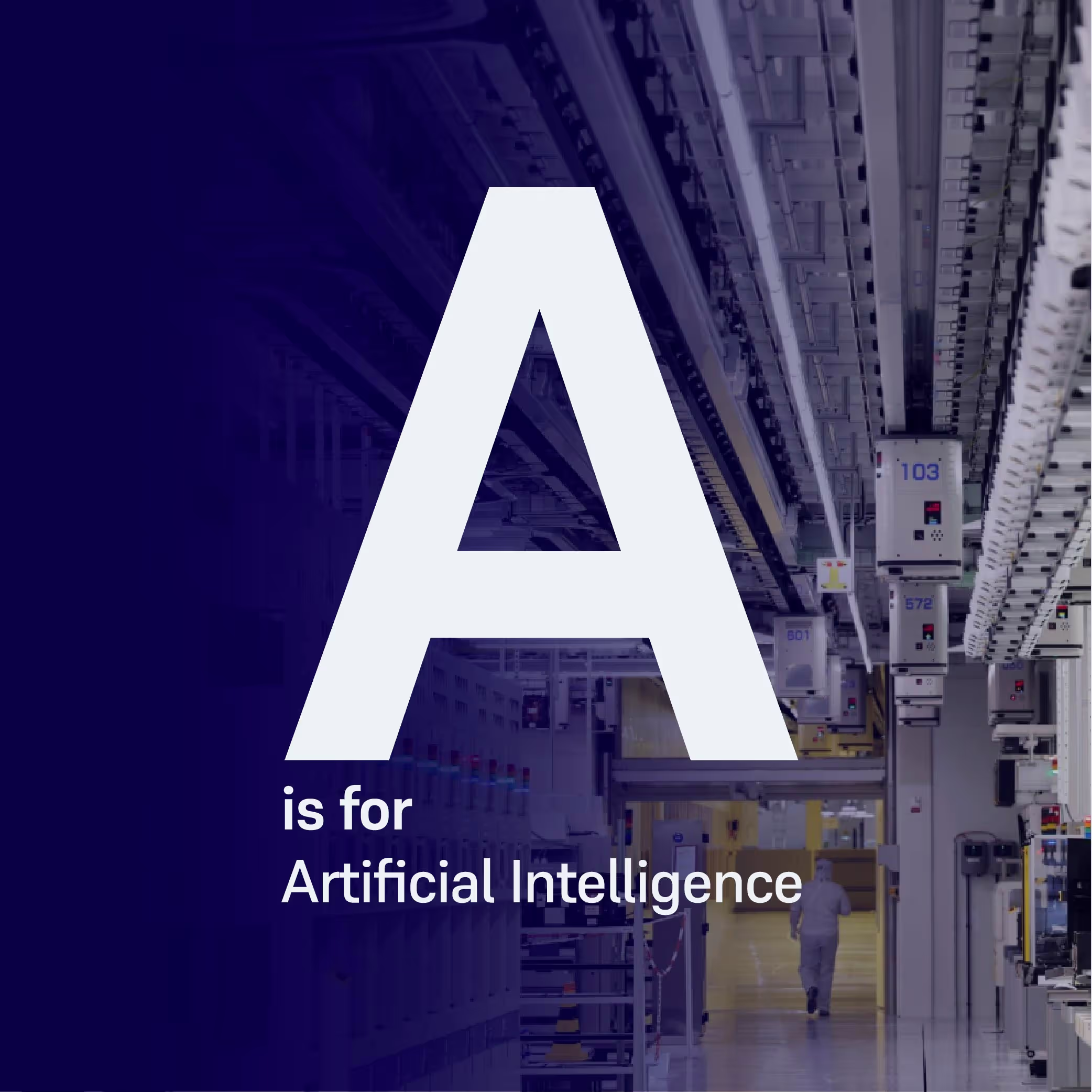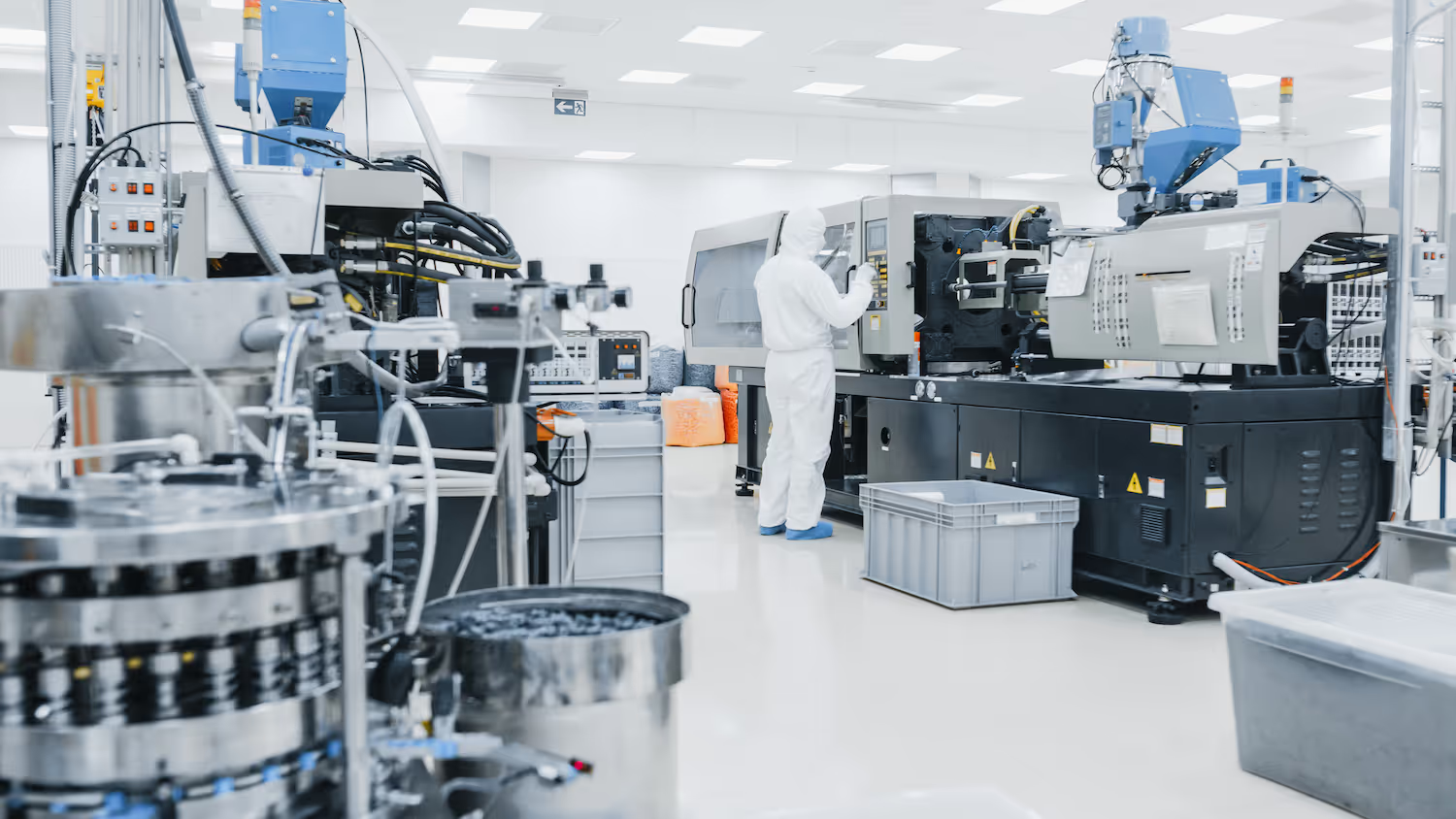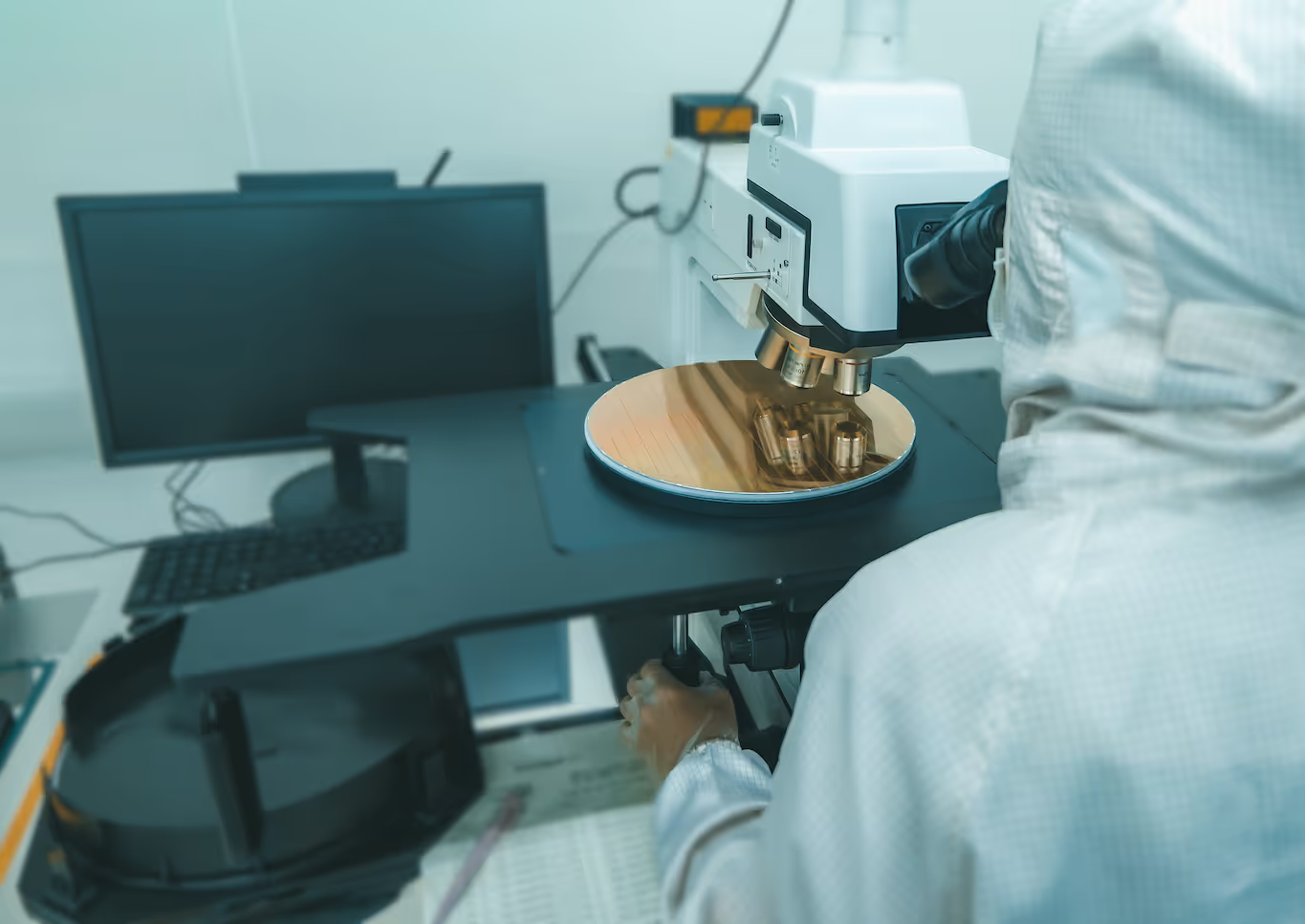Technical Paper: Winter Simulation Conference 2021
An in-depth look at how our two-step scheduling approach can be used to manage timelink contraints and batch size to boost fab efficiency.
Technical Paper: Winter Simulation Conference 2021
An in-depth look at how our two-step scheduling approach can be used to manage timelink contraints and batch size to boost fab efficiency.
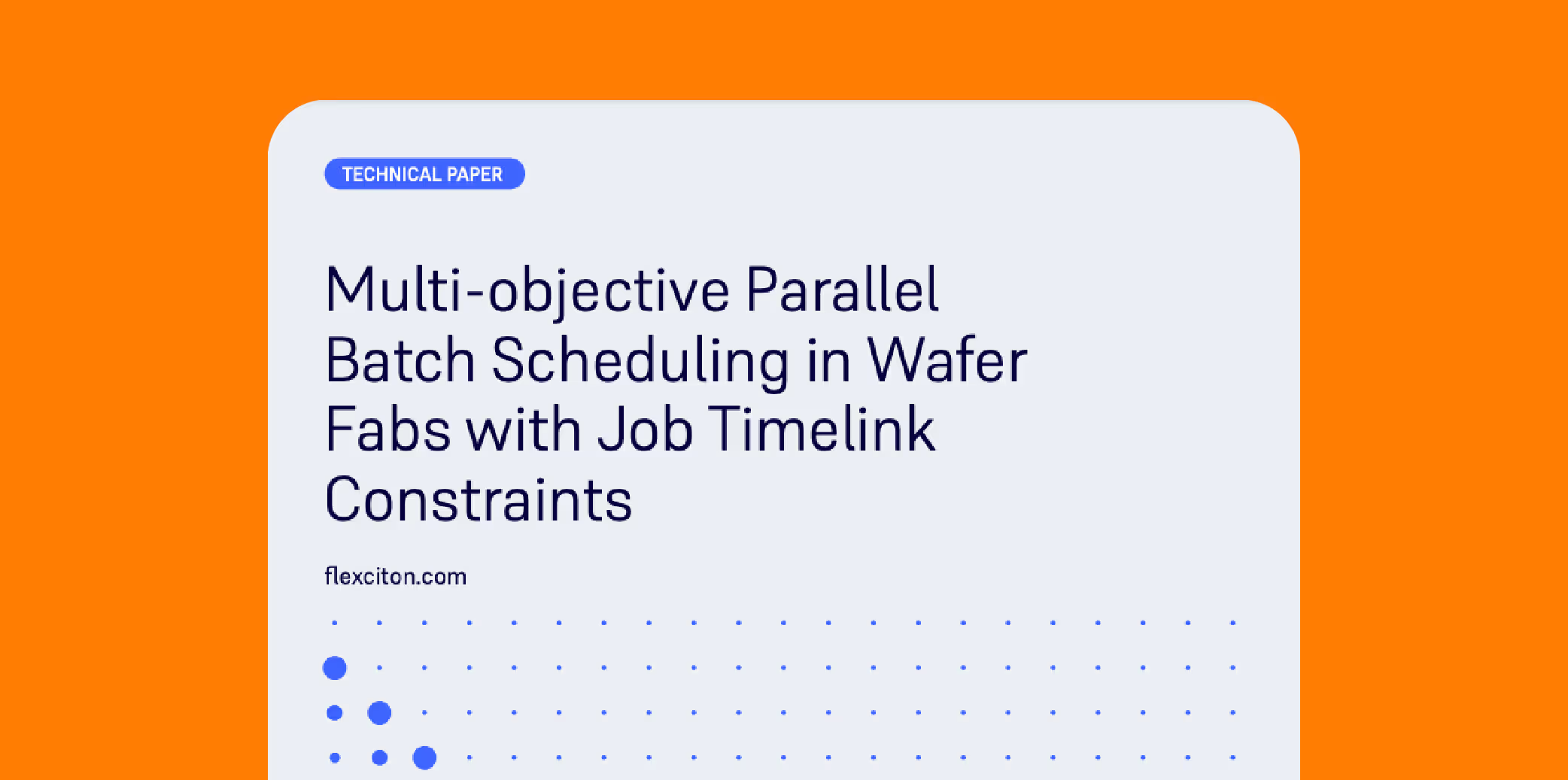
Authors of this publication:
Semya Elaoud, Ruaridh Williamson, Begun Efeoglu Sanli, and Dennis Xenos.
Abstract:
We consider multi-objective batch scheduling in the complex flexible job shop problem applied to semiconductor wafer fabs. Batches have different operating costs and consecutive steps of a job are constrained with timelinks. We also consider several other process aspects that arise in semiconductor wafer fabrication facilities such as flexible machine downtime, incompatible job families, different job sizes and parallel machines. The aim is to minimize the total weighted batching cost, queuing time, and the number of violations to timelink constraints. We present a hybrid two-stage solution strategy, combining Mixed IntegerLinear Programming (MILP) models and heuristics. At a high level, the proposed approach can be broken down into “constructive” and “improvement” steps. The comparison of Flexciton schedules evaluated under uncertainty against the actual factory schedules when solving large industrial instances shows the significant improvements that our solution can bring.
Technical Paper: Winter Simulation Conference 2021
Multi-objective Parallel Batch Scheduling in Wafer Fabs with Job Timelink Constraints
Authors of this publication:
Semya Elaoud, Ruaridh Williamson, Begun Efeoglu Sanli, and Dennis Xenos.
Abstract:
We consider multi-objective batch scheduling in the complex flexible job shop problem applied to semiconductor wafer fabs. Batches have different operating costs and consecutive steps of a job are constrained with timelinks. We also consider several other process aspects that arise in semiconductor wafer fabrication facilities such as flexible machine downtime, incompatible job families, different job sizes and parallel machines. The aim is to minimize the total weighted batching cost, queuing time, and the number of violations to timelink constraints. We present a hybrid two-stage solution strategy, combining Mixed IntegerLinear Programming (MILP) models and heuristics. At a high level, the proposed approach can be broken down into “constructive” and “improvement” steps. The comparison of Flexciton schedules evaluated under uncertainty against the actual factory schedules when solving large industrial instances shows the significant improvements that our solution can bring.
Useful resources
Stay up to date with our latest publications.
Speak to one of our experts
Book a demo session or simply reach out to one of our experts to learn more about what Autonomous Technology could do for your fab.


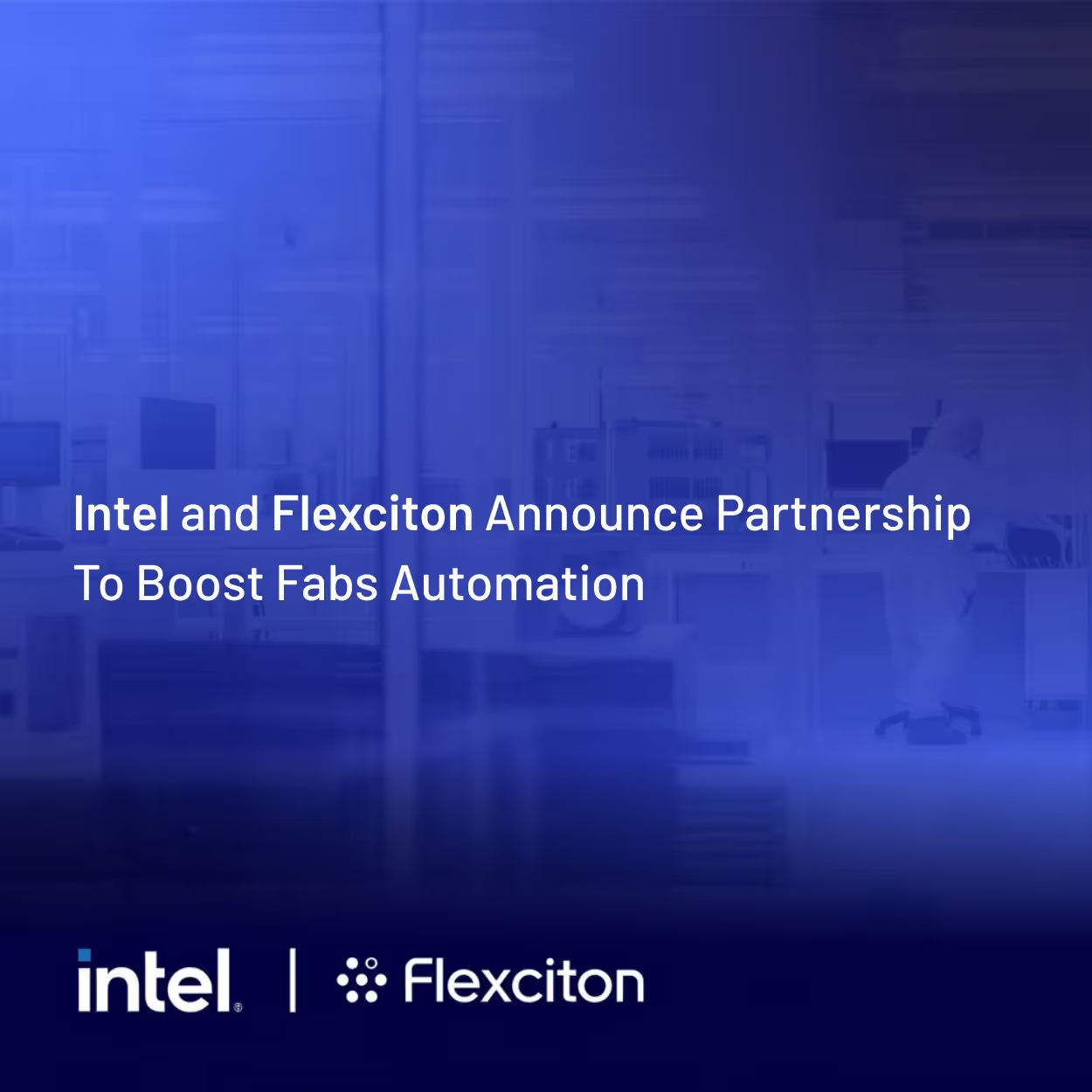




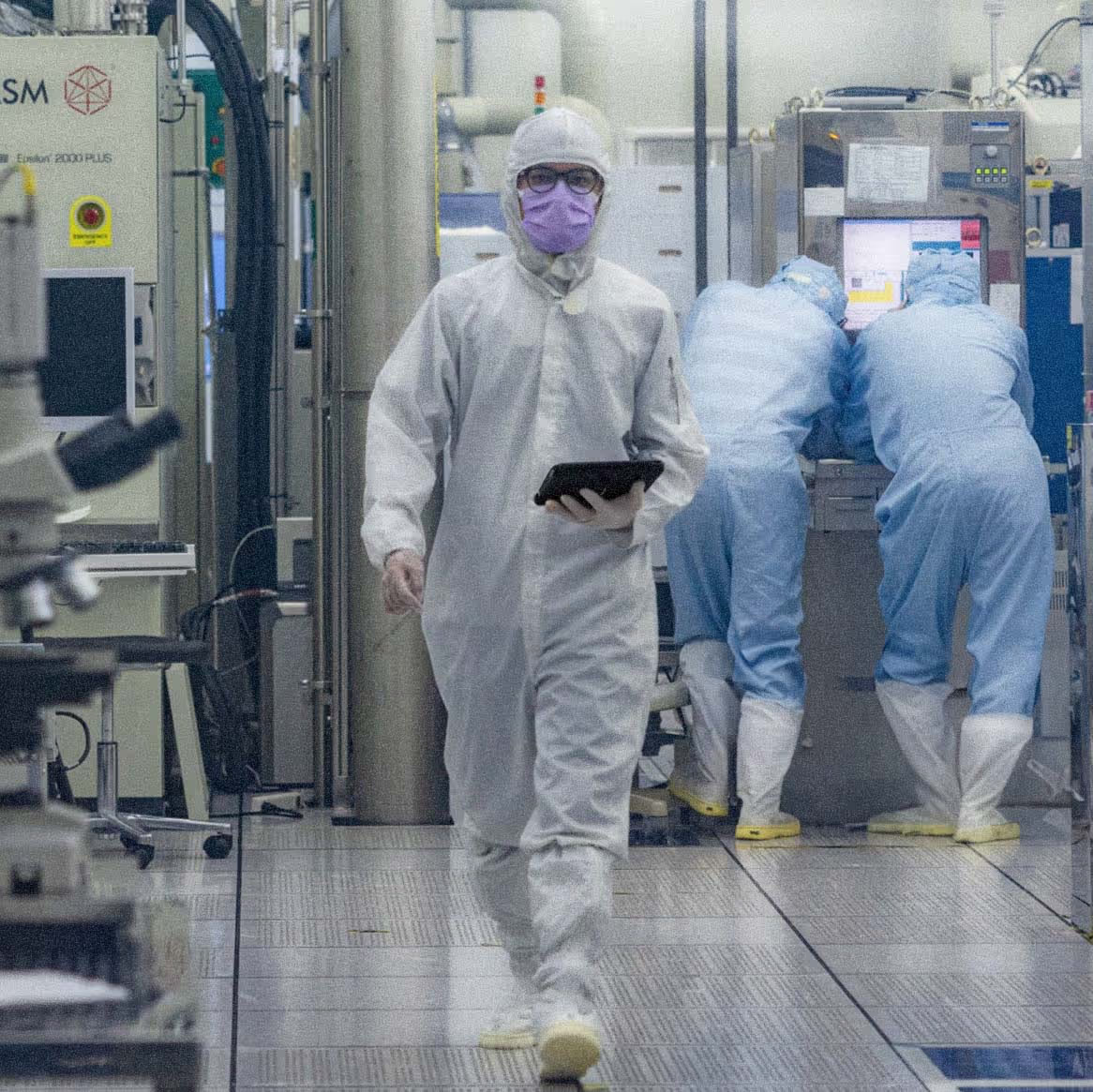
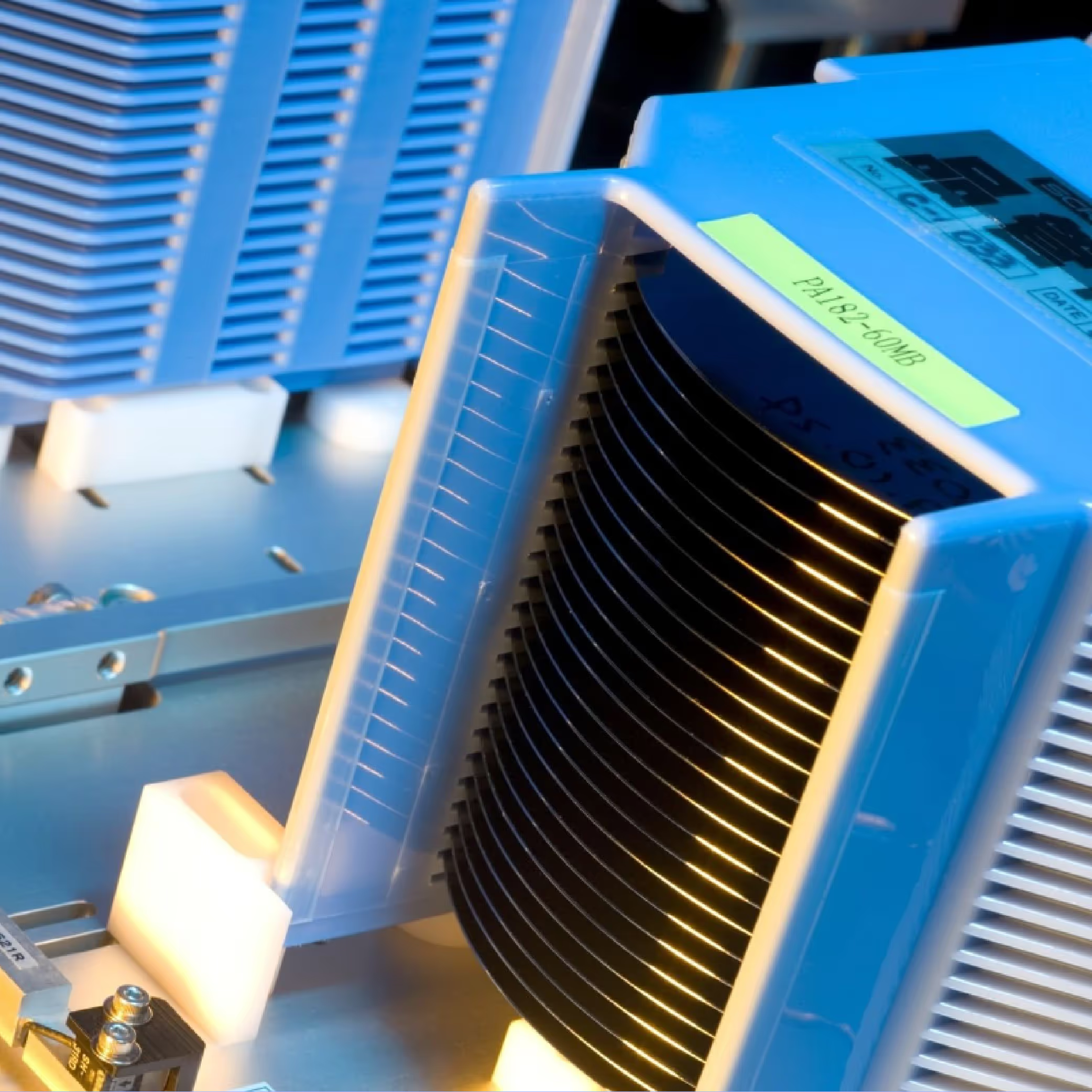
.avif)
.avif)
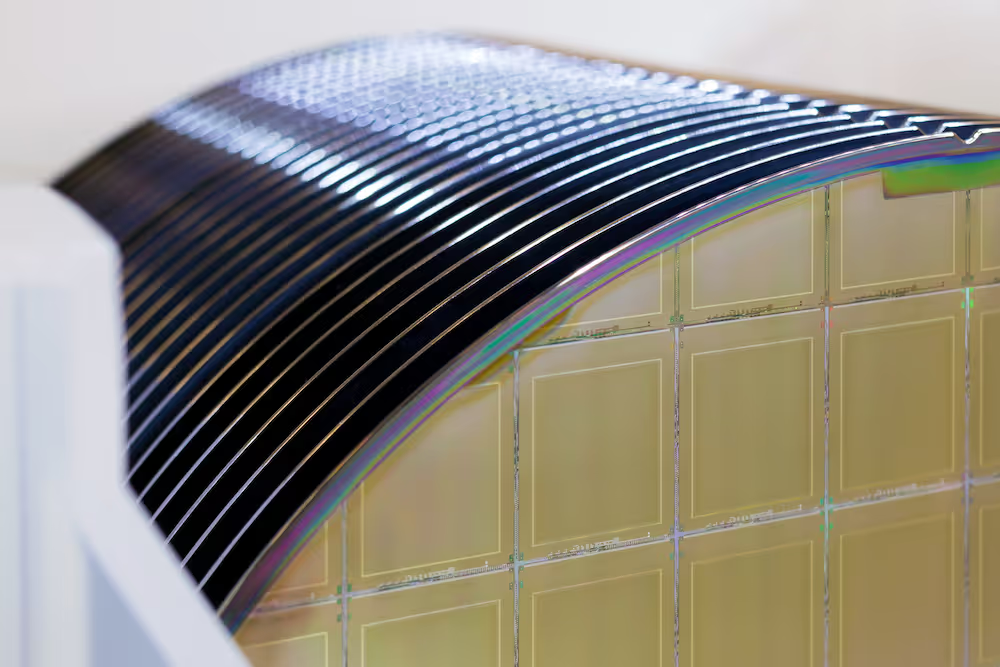


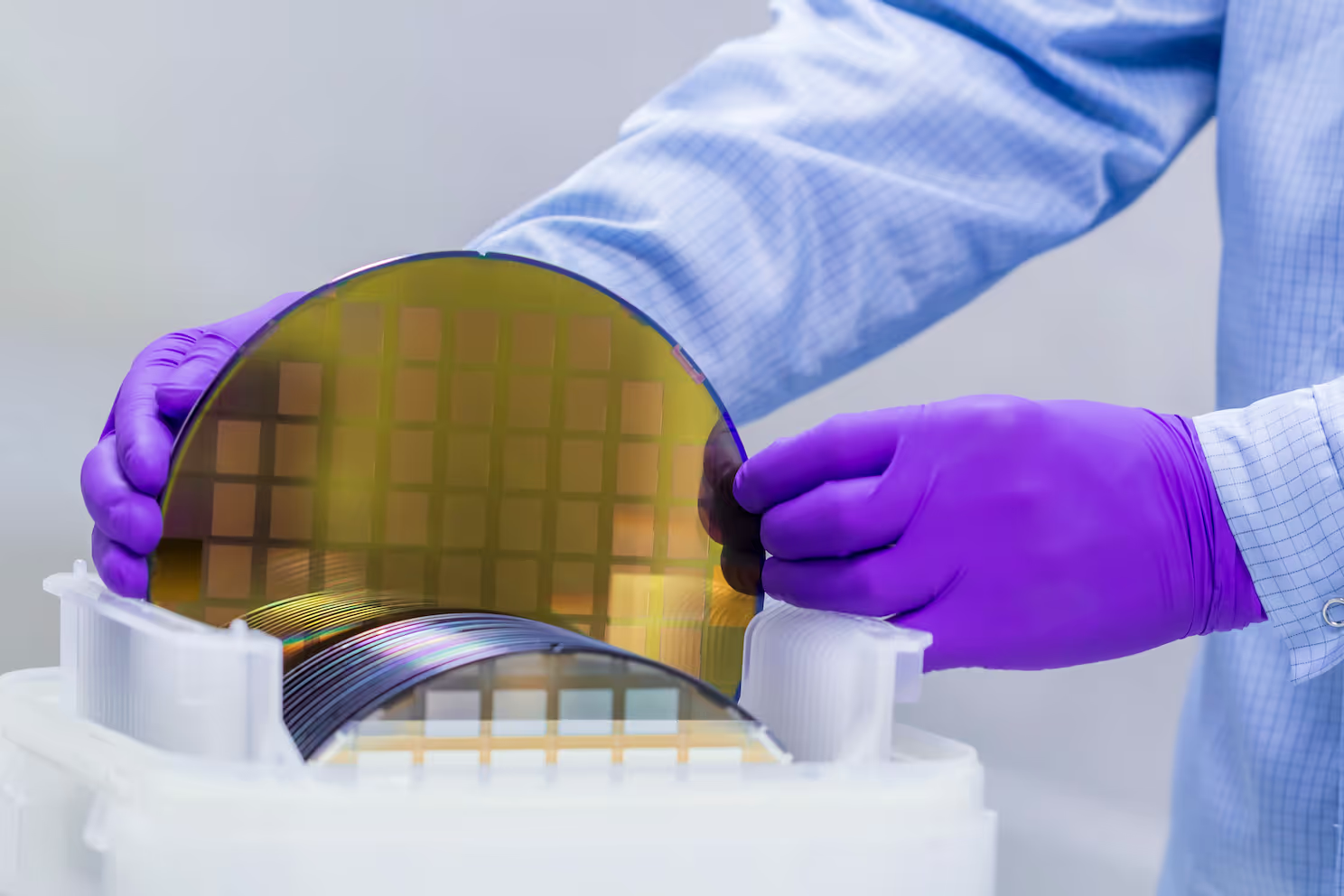

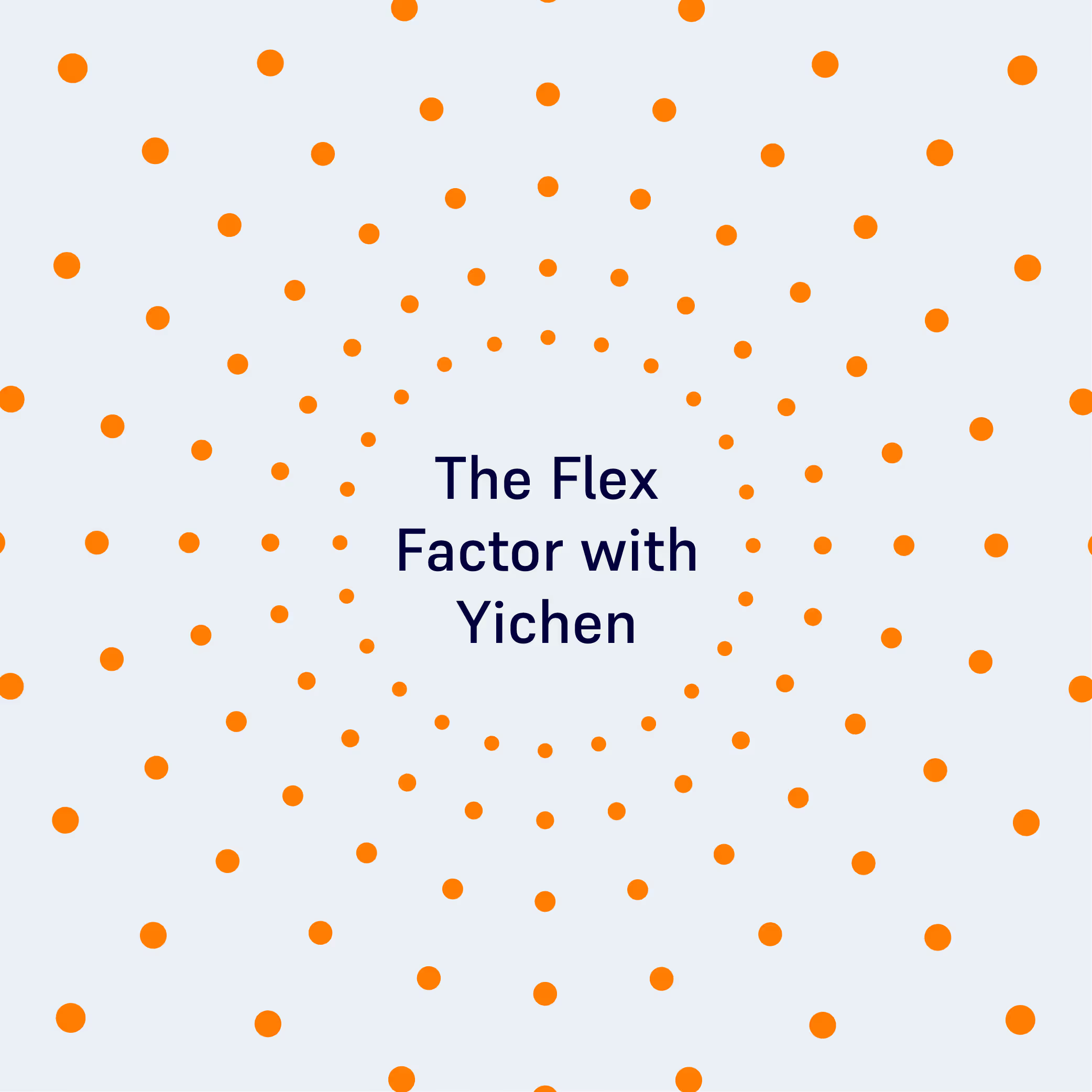




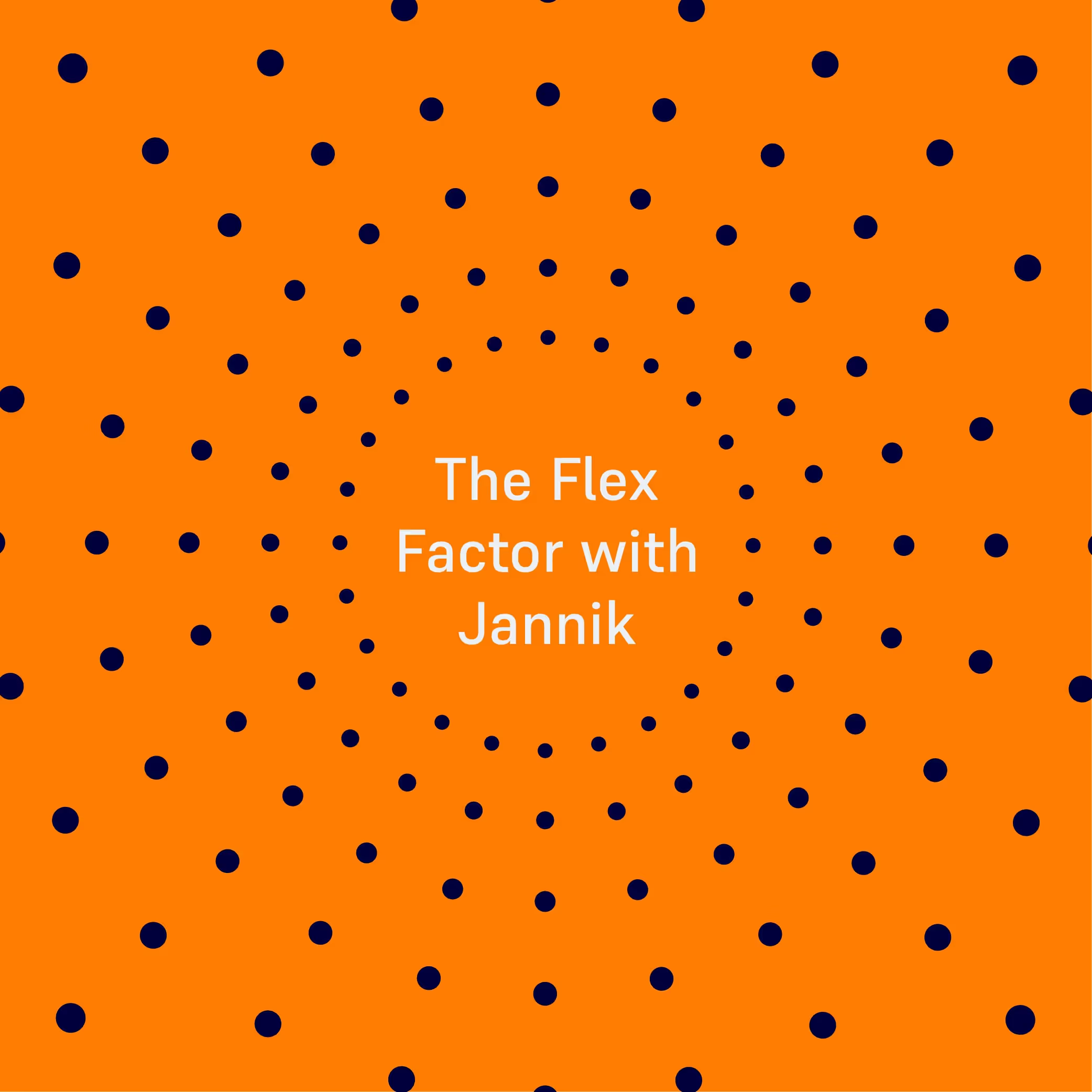
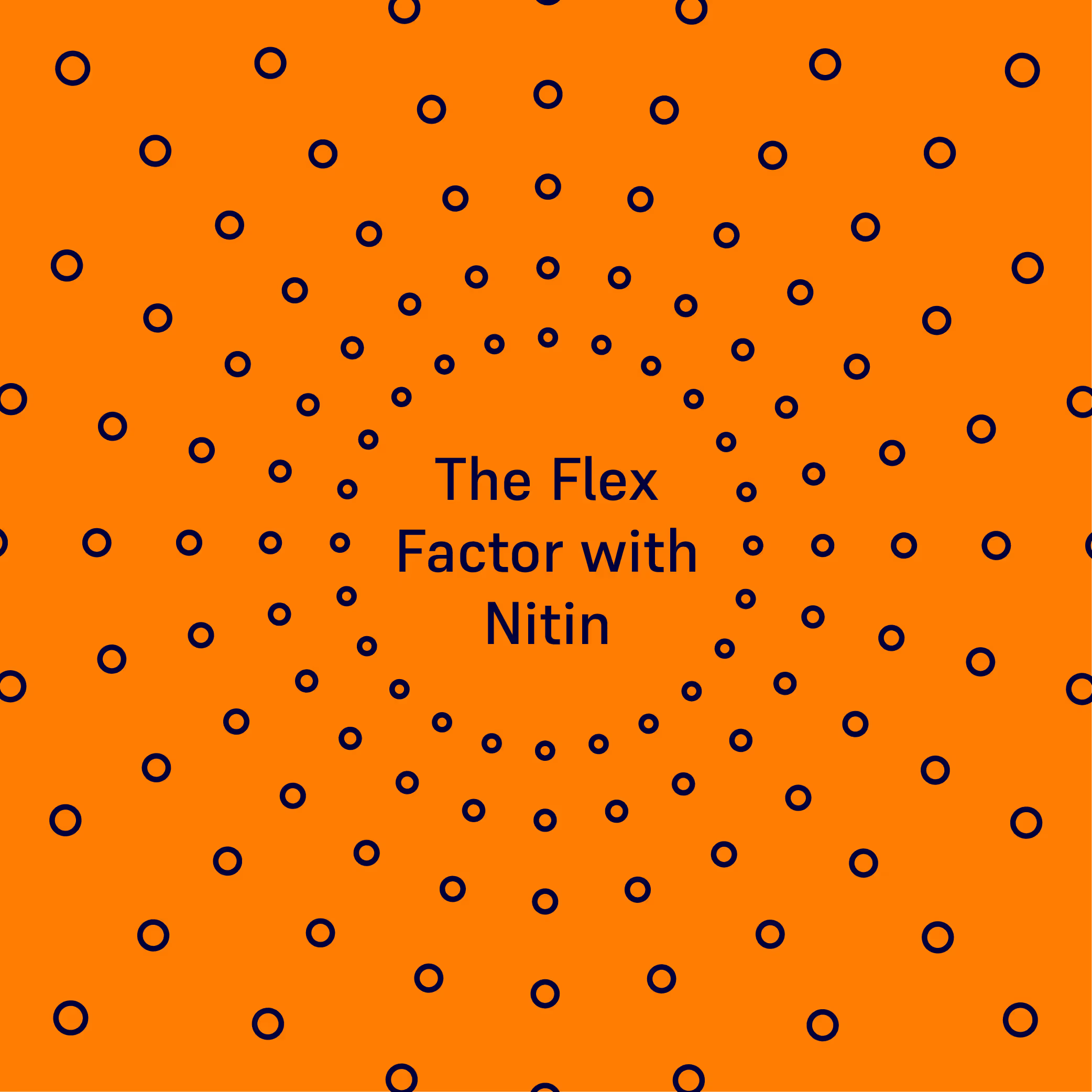




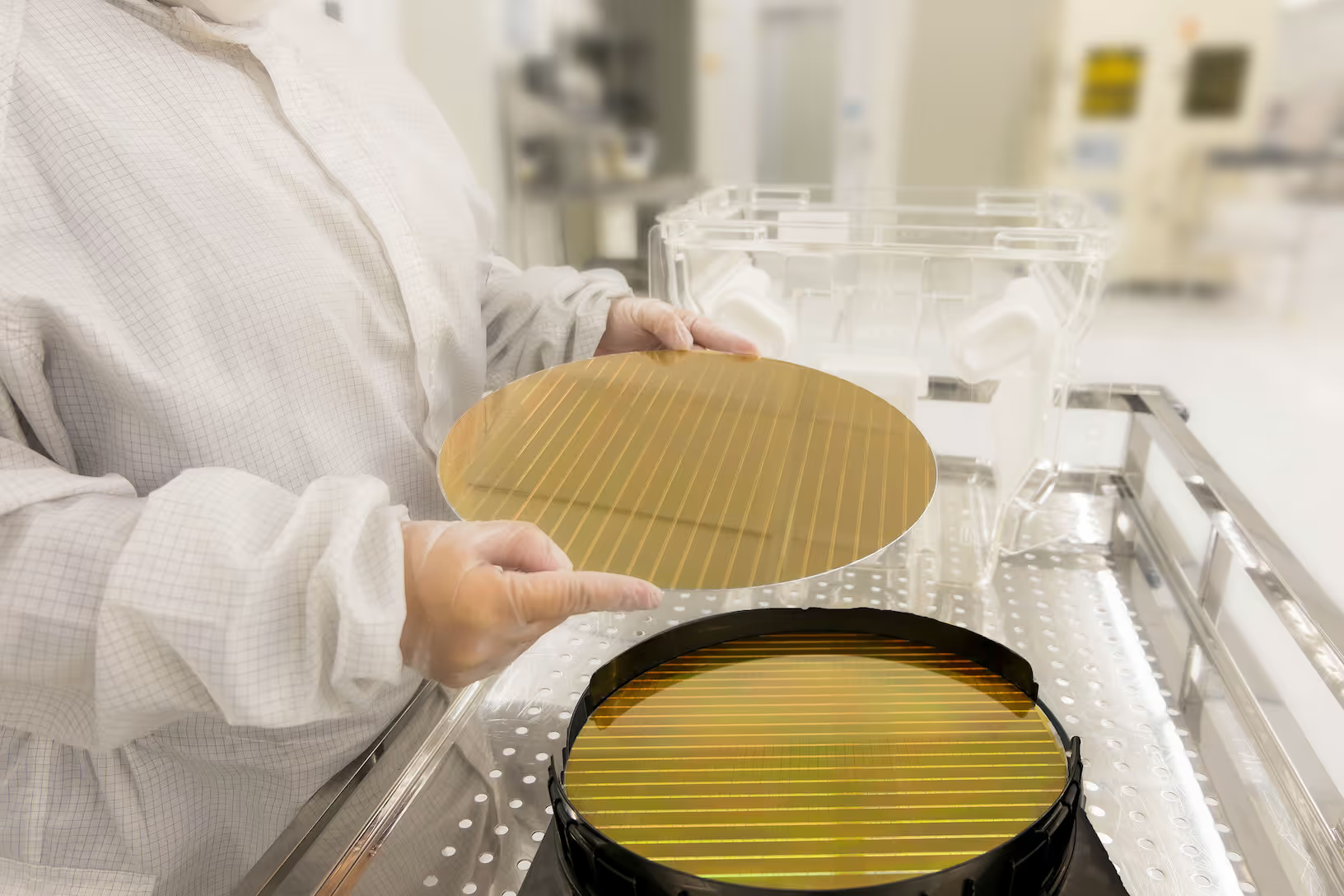

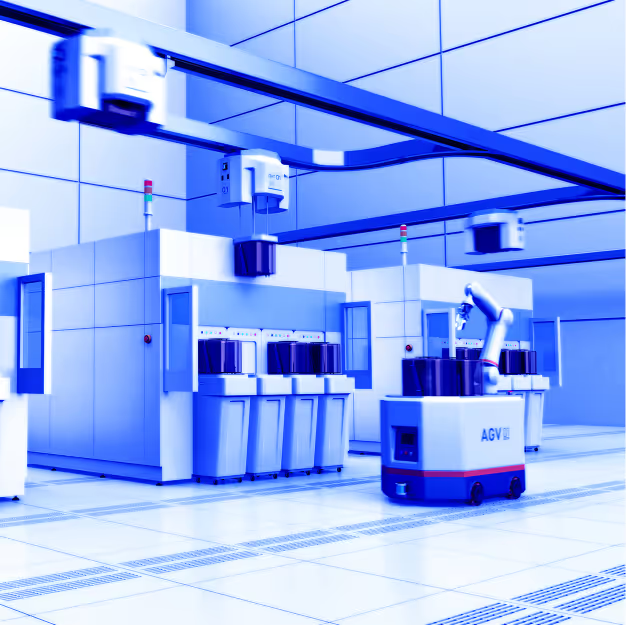
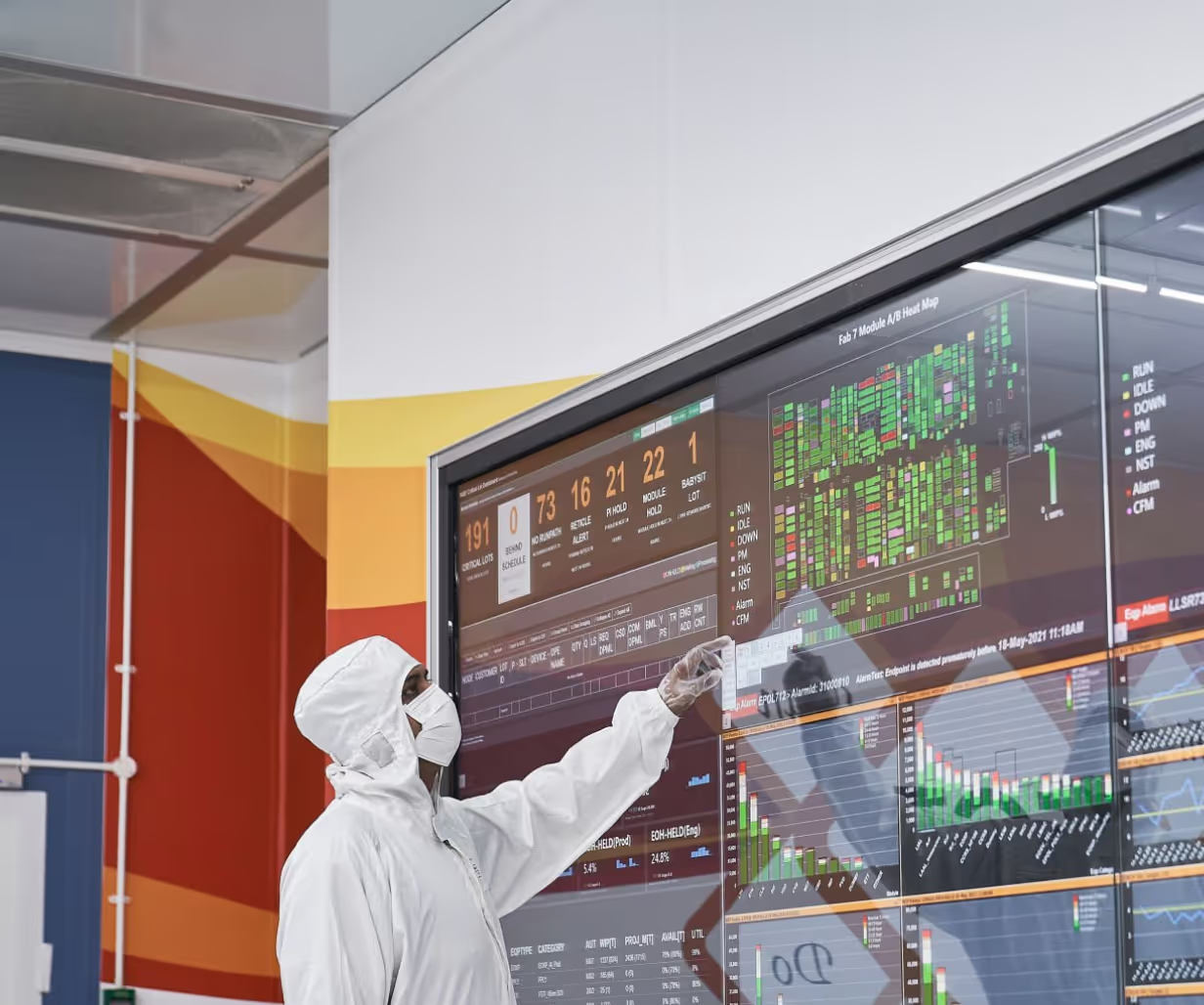


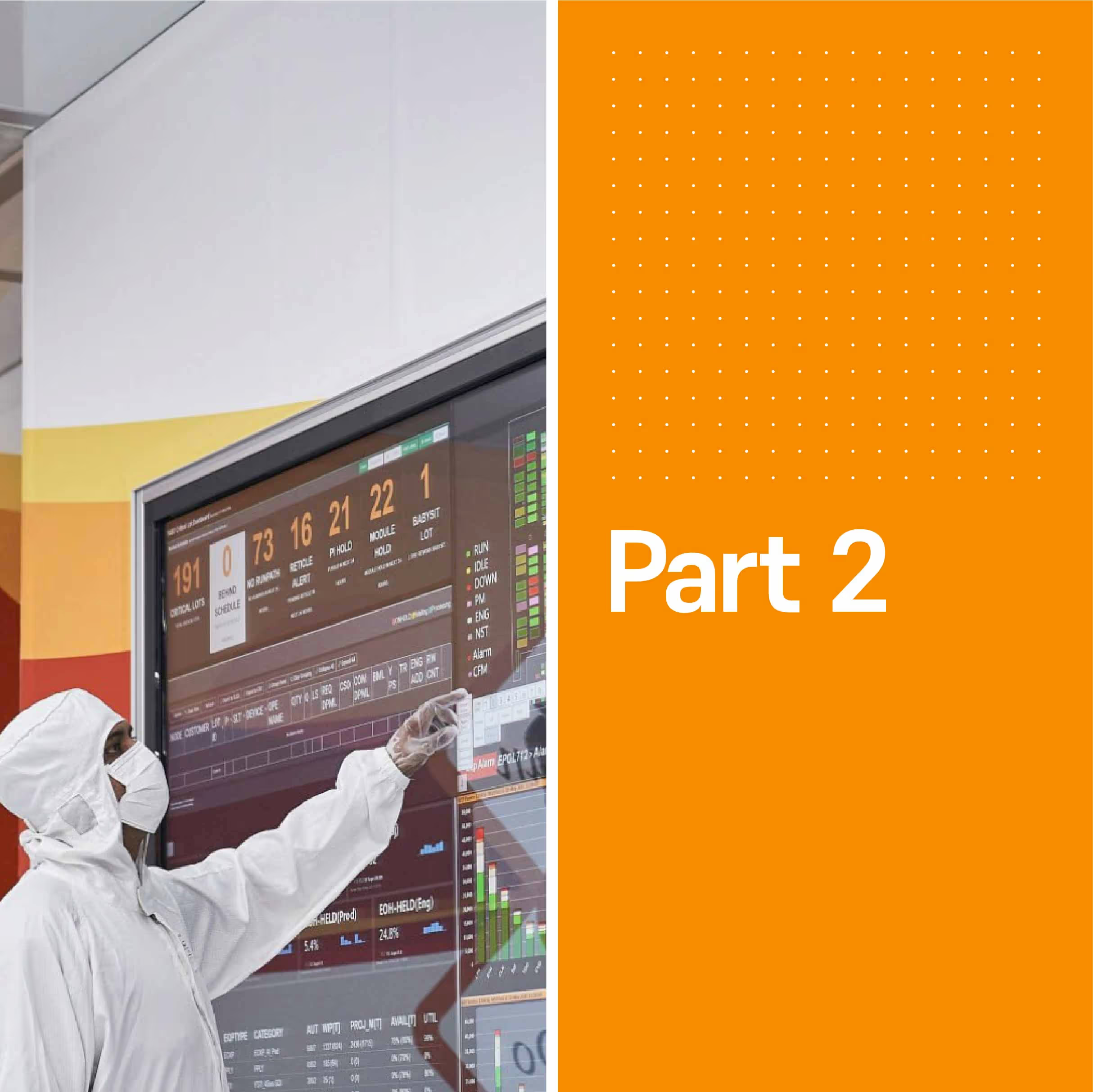



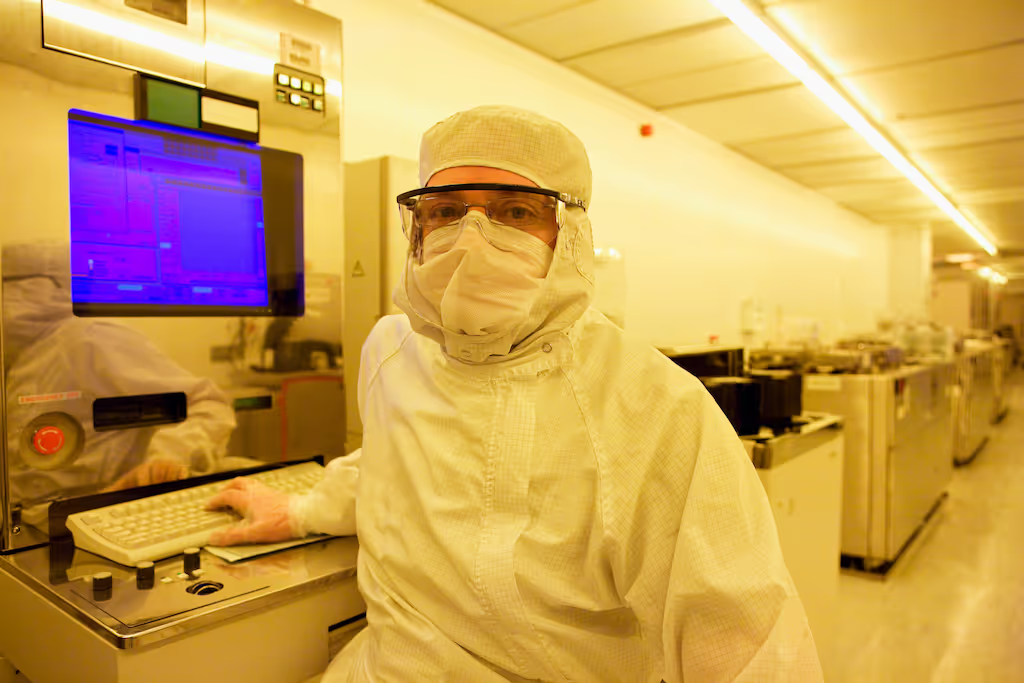
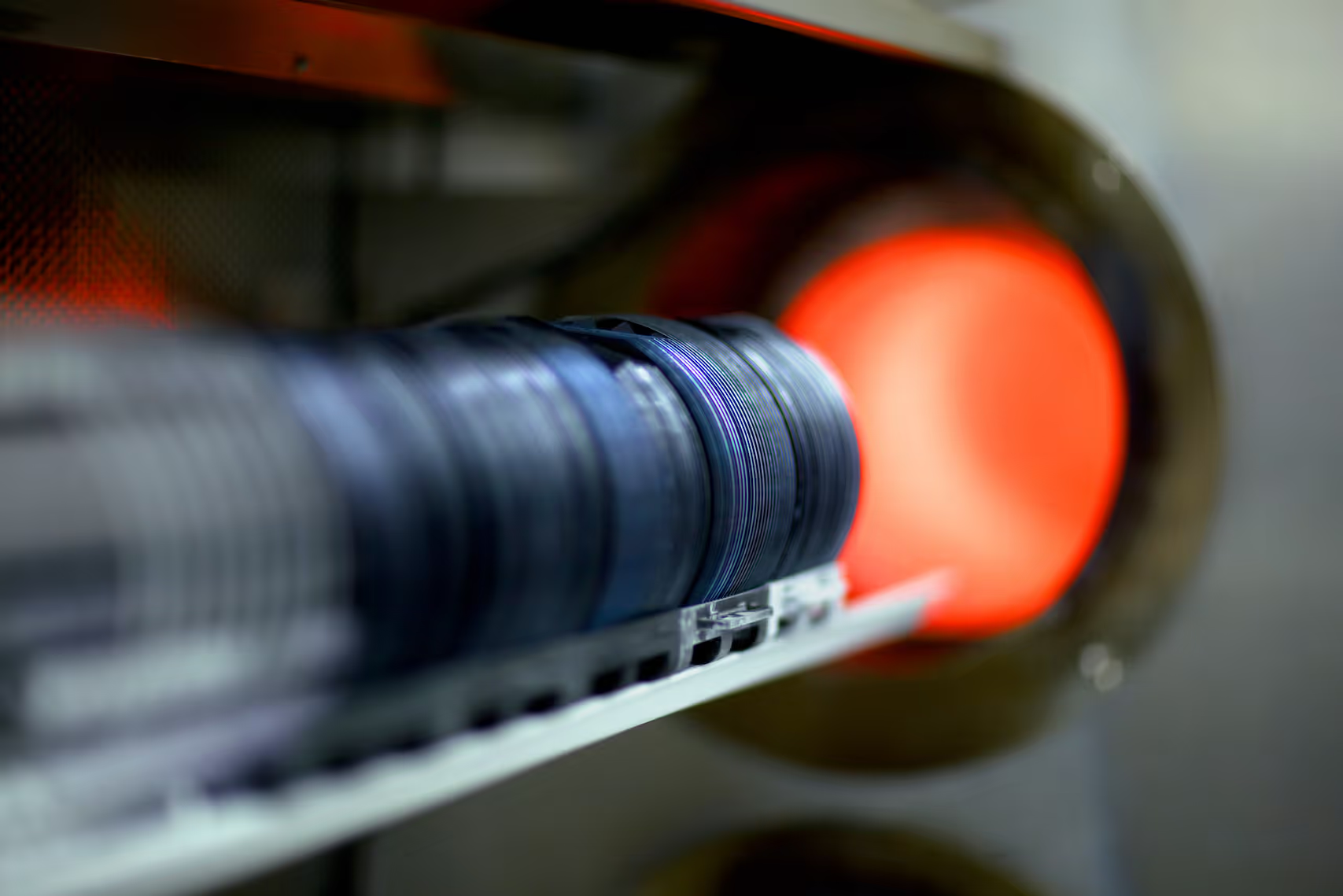
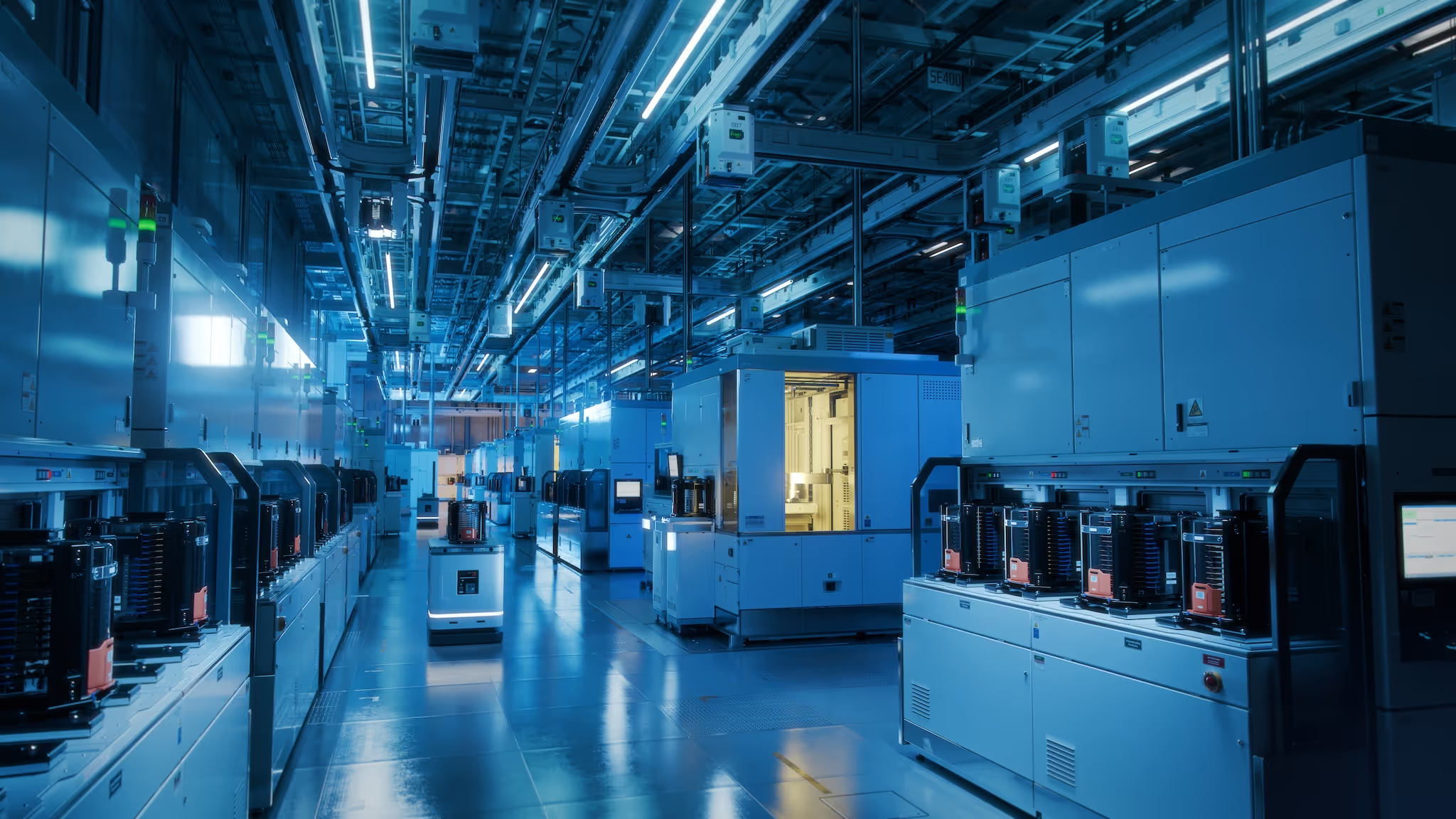

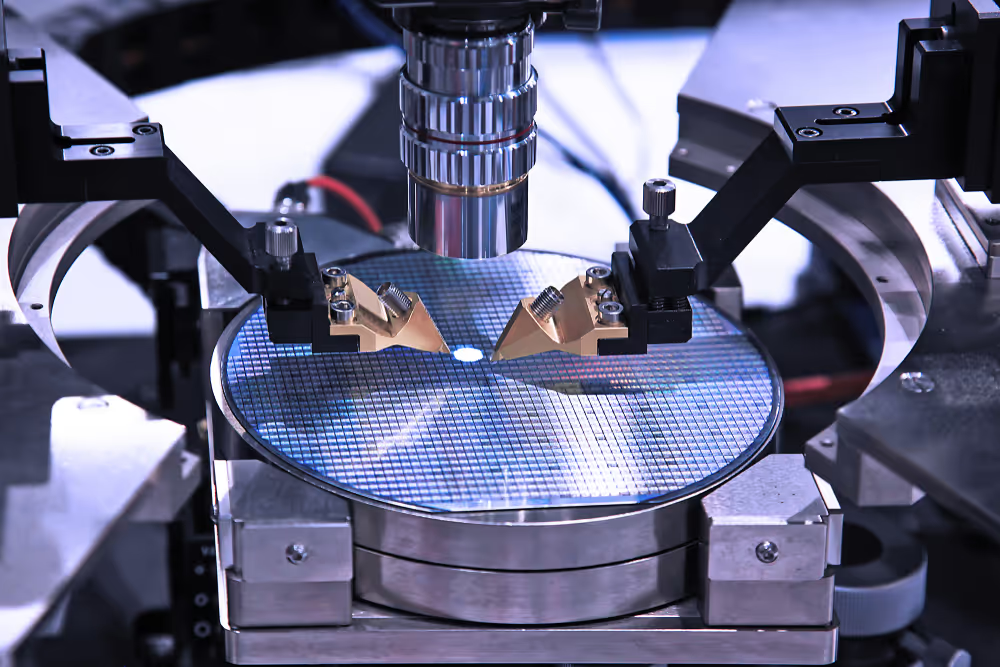
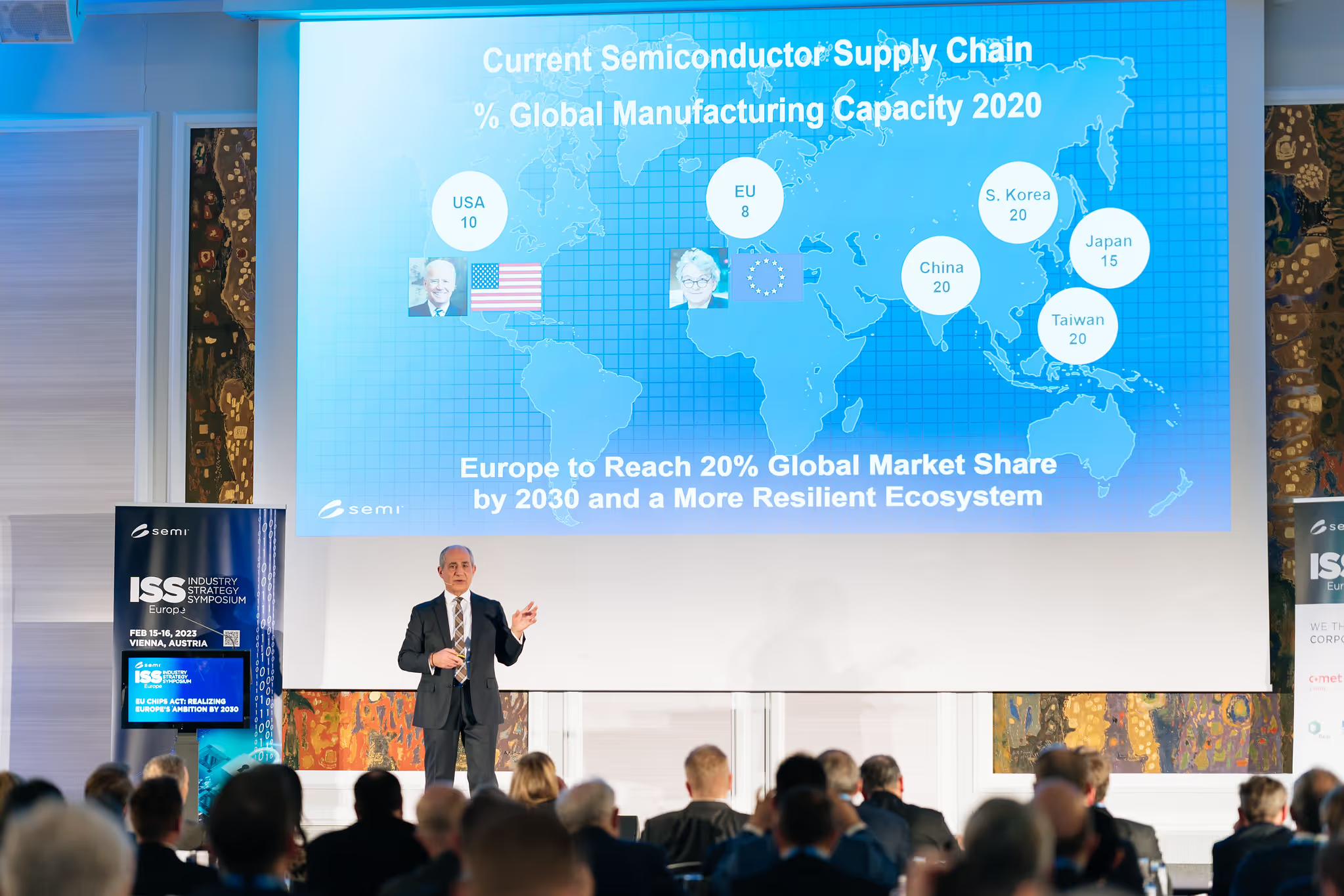

.avif)
